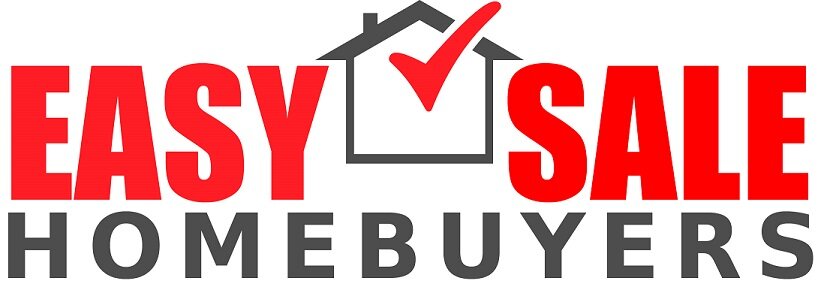Understanding the foreclosure process in North Carolina is an important part of navigating your own home foreclosure.
Before we dive in…
What is foreclosure anyway?
Foreclosure is the legal process that lenders use to take back property securing a loan, generally after the borrower stops making payments.
Foreclosure is no fun. But just know that it’s not the end of the world.
When you know how foreclosure in North Carolina works… it arms you with the knowledge to make sure you navigate it well and come out the other end as well as possible.
The Basic Stages of A Foreclosure
There’s a few stages that are important to any foreclosure process.
Foreclosure works differently in different states around the country.
The two ways different states use to foreclose upon a property are: judicial sale or power of sale.
Connect with us by calling 919-887-8452 or through our contact page to have us walk you through the specific foreclosure process here locally in Raleigh.
In either scenario, foreclosure typically doesn’t go to court until 3-6 months of missed payments have elapsed. Usually (but not always), a lender will send out many notices that you are in arrears – overdue or behind in your payment.
Under Judicial Foreclosure:
- Your mortgage lender must file suit in the court system.
- You’ll get a letter from the court demanding payment.
- Assuming the loan is valid, you’ll have 30 days to bring payment to court to avoid foreclosure (and sometimes that can be extended).
- If you don’t pay during the payment period, a judgment will be entered and the lender can request the sale of your property – usually through an auction.
- Once the property is sold, the sheriff serves an eviction notice and forces you to immediately vacate the property.
Under Power of Sale (or Non Judicial Foreclosure):
- The mortgage lender serves you with papers demanding payment, and the courts are not required – although the process may be subject to judicial review.
- After the established waiting period has elapsed, a deed of trust is drawn up and control of your property is transferred to a trustee.
- The trustee can then sell your property for the lender at a public auction (notice must be given).
Anyone who has an interest in the property must be notified during either type of foreclosure.
For example, any contractors or banks with liens against a foreclosed property are entitled to collect from the proceedings of an auction.
What Happens After A Foreclosure Auction?
After a foreclosure is complete, the loan amount is paid off with the sale proceeds.
Sometimes, if the sale of the property at auction isn’t enough to pay off the loan, a deficiency judgment can be issued against the borrower.
A deficiency judgement is where the bank gets a judgement against you, the borrower, for the remaining funds owed to the bank on the loan amount after the foreclosure sale.
Some states limit the amount owed in a deficiency judgment to the fair value of the property at the time of sale, while other states will allow the full loan amount to be assessed against the borrower.
Here’s a great resource that lists the state by state deficiency judgement laws, since every state is different.
Generally, it’s best to avoid a foreclosure auction. Instead, call up the bank, or work with a reputable real estate firm like us at Easy Sale HomeBuyers to help you negotiate discounts off the amount owed to avoid having to carry out a foreclosure.
Experienced investors can help you by negotiating directly with banks to lower the amount you owe in a sale – or even eliminate it, even if your home is worth less than you owe.
If you need to sell a property near Raleigh, we can help you.
We buy houses in Raleigh North Carolina like yours from people who need to sell fast.
Give us a call anytime 919-887-8452 or
fill out the form on this website today! >>
Other Foreclosure Resources For Raleigh North Carolina HomeOwners:

